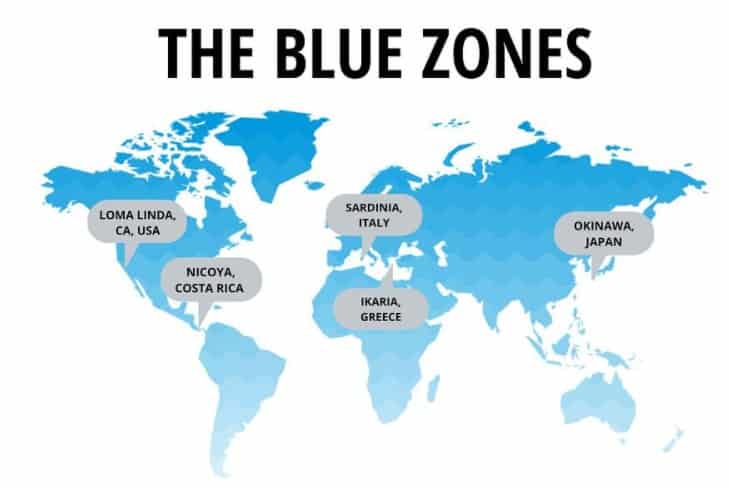The popular "Blue Zones" theory, which touts specific regions as longevity hotspots due to unique lifestyle habits, faces a major challenge from a renowned data scientist. Dr Saul Newman, from Oxford University, claims the theory lacks scientific rigour and might be built on inaccurate, even potentially fraudulent, data.
This theory, popularized by author Dan Buettner, identifies five regions where people supposedly live exceptionally long and healthy lives due to specific practices like plant-based diets, strong social circles, and daily movement. However, Dr. Newman throws a wrench in this concept, raising concerns about its validity.
Questionable Science, Inconsistent Data:
Dr. Newman's critique focuses on several key points. Firstly, he questions Buettner's research methods, highlighting a lack of independent sources and an overreliance on self-citations. Secondly, he points to inconsistencies between the lifestyles promoted in Blue Zones and actual data. For instance, Okinawa, supposedly a haven for longevity, boasts the highest obesity rate in Japan, contradicting the emphasis on healthy eating.
Birth Certificate Fraud? Data Red Flags:
Dr. Newman's most serious claim involves potential data manipulation. His analysis of birth certificates from Blue Zones suggests patterns indicative of widespread age fabrication, particularly in poorer regions. This raises disturbing questions about inflated longevity rates and the possibility of deliberate fraud.
Alternative Explanations:
Instead of the specific practices promoted by Blue Zones, Dr. Newman proposes alternative explanations for longevity. He argues that factors like income, healthcare access, and overall socioeconomic conditions likely play a more significant role. This challenges the core premise of Blue Zones, suggesting broader societal factors, not just targeted lifestyle choices, might hold the key to longer lives.
Controversy and the Need for More Research:
Dr. Newman's findings have ignited a heated debate. While some hail his work as crucial scepticism, others question his motives and potential biases. Regardless, his research has undoubtedly cast a shadow of doubt on the Blue Zones theory.
Ultimately, the need for rigorous scientific studies to definitively validate or disprove Blue Zones remains paramount. In the meantime, individuals seeking to improve their well-being should critically evaluate health advice and prioritize evidence-based approaches. The quest for longevity continues, but the Blue Zones may have lost their once-unshakeable glow.


